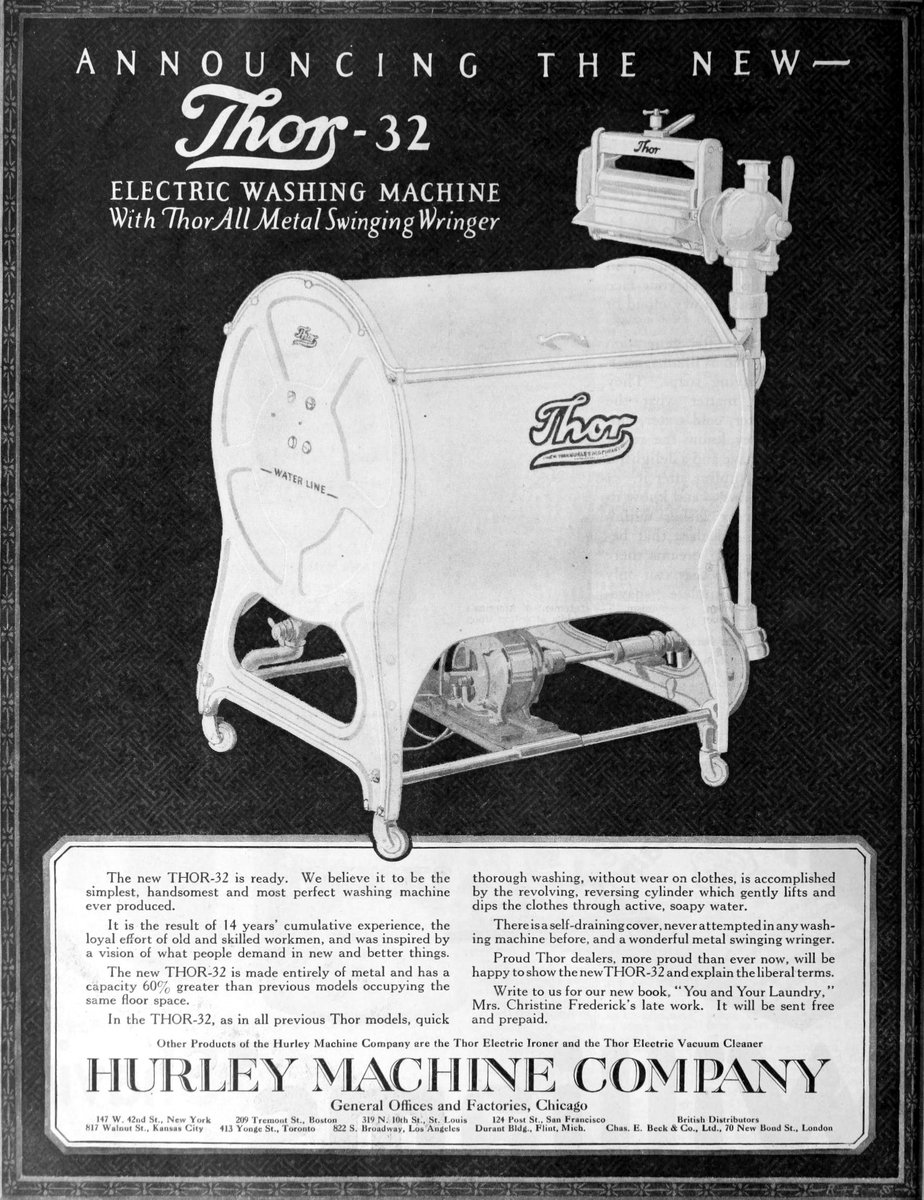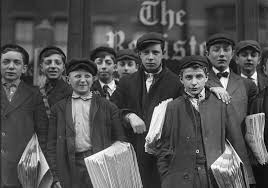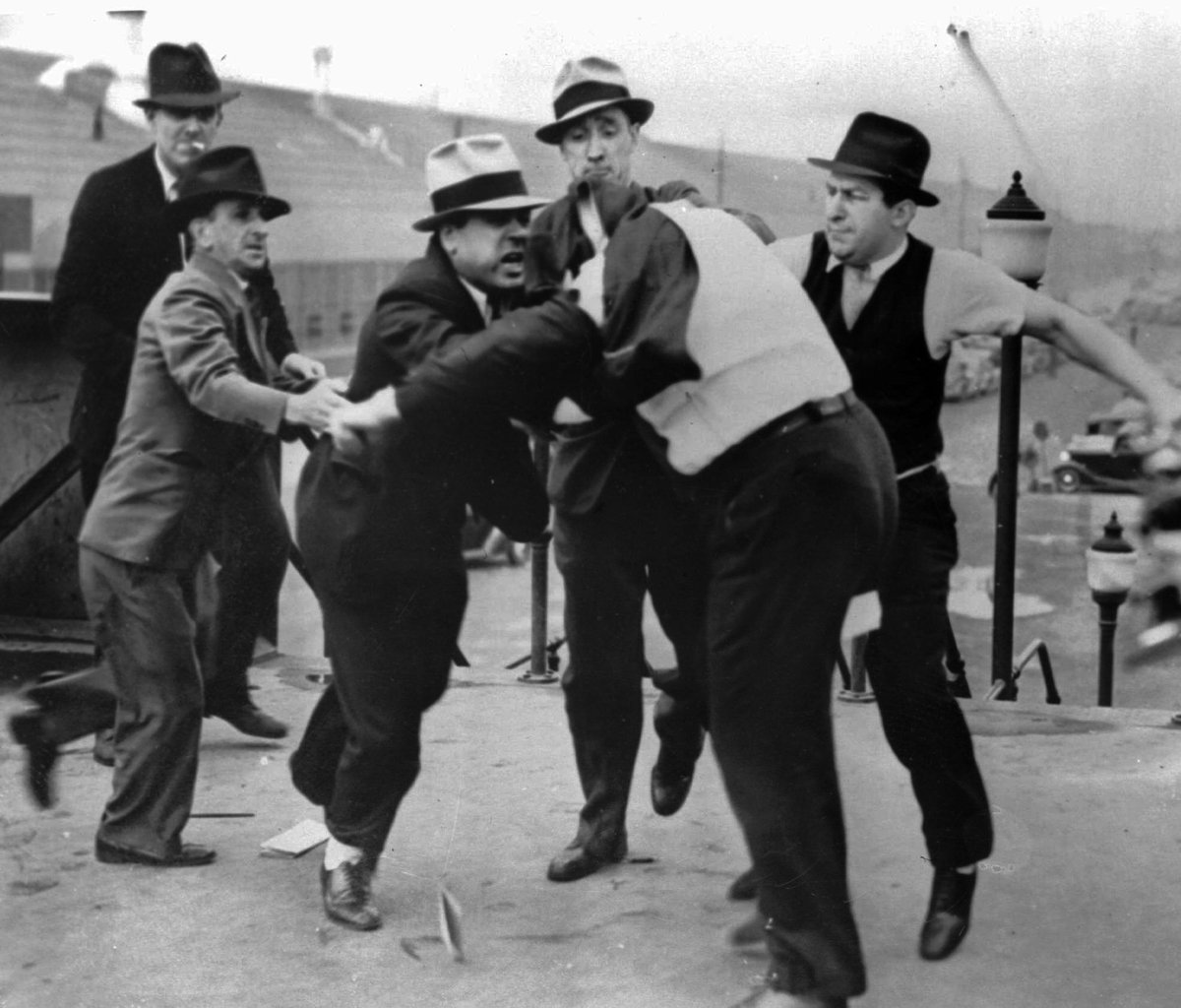This Day in Labor History: September 29, 1917. The Army sends Col. Brice Disque to the Northwest forests to solve the labor problems and get wood for airplanes to fight the war. Let's talk about the government crushed the IWW there during World War I. 

Disque was a lifetime military officer who enlisted in 1899, playing a role in capturing Filipino freedom fighter Emilio Aguinaldo.
He retired from the military in 1916 to take a position as warden of the Michigan State Penitentiary but reenlisted when the nation entered World War I. Pershing gave Disque the authority to recruit a division of soldiers to log spruce for the military.
This was necessary because conditions in the logging camps around the Northwest were so horrendous.
Adulterated food, a lack of bathing facilities, meat covered with flies, toilet pits next to overcrowded bunkhouses, rain-soaked bedrolls spreading fleas, and many other daily indignities had convinced many loggers to join the IWW in the years after 1907.
After 1912, once the IWW figured out that what motivated loggers was not the overthrow of capitalism, but living cleaner, more comfortable lives, it really expanded there.
he IWW organized effectively around this issue and in the summer of 1917, engaged in a series of significant strikes to press this agenda. On March 4, Wobblies established Lumber Workers Industrial Union No. 500 in Spokane to coordinate the coming IWW actions.
In April, loggers near St. Maries, Idaho walked off the job when their bosses refused demands for improved bunkhouses and better food, higher wages, and the eight-hour day. By June, some camps near St. Maries had forced employers to grant eight-hour day.
Workers in the pine forests near Sandpoint, Idaho then struck in protest of the camp conditions and the strike rapidly spread through eastern Washington, Idaho, and western Montana.
Building upon the actions of the Idaho loggers, the IWW called for a strike in the pine country on June 20 and then an industry-wide strike effective through the Northwest on July 17.
When workers at the Humbird Lumber Company demanded, “clean bunk houses, decent food and the eight hour day,” the company refused and the loggers joined the growing strike.
The IWW expanded out of its eastern Washington and Idaho base, opening an office in Klamath Falls, Oregon and leading western Washington loggers out of the forests in July.
While the strikes concluded at the end of the summer, often with employers giving workers a lot of what they wanted, everyone knew that this was hardly the end of the labor agitation.
This concerned the military. With the rise of airpower, the military needed certain trees to build airplanes. The best wood was the Sitka spruce and the Douglas fir. These are Northwestern species.
All of a sudden, a remote bit of labor agitation became a critical national security question. And thus the appointment of Disque.
Disque created the Spruce Production Division (SPD), an army unit fighting in the Northwest forests instead of the French trenches.
Made up primarily of experienced loggers, the SPD helped the military acquire the necessary wood, placed Army men among the radicals in camps, and limited drafted Wobblies from spreading their doctrine into the Army mainstream since radicalized loggers made up the core of the SPD
But the soldiers could not work directly for the government. There were not enough SPD troops to log all the needed spruce and to do so would have made the military look like a strikebreaking outfit, making the labor problem worse.
Troops would be interspersed with civilian loggers but the military would not allow them to live in the conditions that lumber workers endured daily. Getting out the cut required government intervention in the industry’s sanitary regime.
Disque initially dismissed sanitation as the reason for the labor problems.
He wrote the War Department about the strikes, “I do not believe that the living conditions in the camps are responsible for it because there is a general effort by employers to improve living conditions in every way.”
He changed his mind after touring the camps.
Witnessing housing and toilet facilities and eating with loggers, Disque said, "We treated captured Moros better in the Philippines during a war.” After a meal in a camp cookhouse, he remarked, “We could not eat it.”
The timber industry was initially suspicious of Disque’s presence. Edwin Ames was happy to use federal troops as a strikebreaking force, but resisted further incursions in labor relations.
He wrote Disque, “all that is required is for the government to detail a small squad of men to guard each logging operation and sawmill plant manufacturing lumber for government purposes,” while calling for limited government interference in his operations.
Disque thus had to integrate his soldiers into civilian camps while ameliorating suspicious owners, raising the sanitation standards to those acceptable to the military, convincing workers the troops were not strikebreakers, and getting trees processed for the war effort.
To accomplish this Herculean task, Disque and his advisors, particularly labor economist Carleton Parker, convinced the timber operators to place their labor problems in Disque’s hands in February 1918, promising an end to strikes and consistent production.
Disque then announced the Loyal Legion of Loggers and Lumbermen (Four-L), which became the nation’s first government-sponsored company union.
The Four-L required a loyalty oath and banned active IWW members from work, but guaranteed the eight-hour day, steady work, and improving conditions.
In return for meeting workers’ demands, the Four-L insisted that workers not strike during the war and consider it a mediating organization between themselves and their employers. This led to a major victory for workers, but a complete defeat for the IWW.
In March 1918, Disque issued an order that laid out the environmental improvements the industry must make. They had to provide for the eight-hour day and set minimum wages for each job in the camps.
He also demanded that camps provide real bedding to their workers, including mattresses, pillows, blankets, and sheets. He also sent subordinates to inspect mess halls and renovate “the entire physical conditions under which the lumber workers lived.”
The camp operators had to undergo government inspections of their camps with enforcement power from the military. This ensured that labor tumult would not result from the government-employed soldiers.
Military repression went far to ensure worker participation. A SPD officer made an impassioned speech to convince loggers to join the Four-L. Most signed up but when George Harper refused, some workers threatened to tar him.
After the lieutenant worried about the bad publicity of such an act, they beat him and evicted him from camp. “C.C.” was not a Wobbly but was disgusted by the pressure to join the Four-L.
He took a position with the Admiralty Logging Company, where he faced a vermin-infested bed and poor food. Five days later, a SPD officer came into sign up the camp for the Four-L.
120 of the 190 workers signed cards after a rousing speech, but C.C. and others did not, instead “debating on a man’s rights in a free country.” He quit, but this pressure forced most loggers, even most radicals, to accept it.
But, the military inspections of camps were real. Owners were furious. They were genuinely forced to clean up the camps. Lives for workers improved drastically, with the exception that they could not join the IWW.
And the whole scheme worked to perfection from the government's point of view. IWW records show that once most workers got what they wanted from the government, they didn't much care about the union.
By the spring of 1918, a minority of loggers identified with the IWW. Only nine of forty-two loggers at a Simpson camp in Shelton, Washington were union members and about one-fourth of the seventy-five in St. Paul’s camp in Orting, Washington.
The Day Lumber Company in Big Lake, Washington had no Wobblies and an organizer described the workers as “hostile” to the IWW.
The IWW exhorted workers to remember why their lives had improved, urging them not “to lay down when things are coming our way; that is the time to keep on the hustle.”
Now, of course government repression had plenty to do with this. But it was not the whole story and the IWW organizers noting the problems they had didn't really chalk it up to repression. More often, they noted that the workers cared more about their stomachs than revolution.
The Spruce Production Division was abandoned right after the war. But the timber industry kept on the 4-L as a voluntary industry-wide company union until 1937, when it was ruled illegal by the National Labor Relations Act's ban on company unions.
All of this is excerpted from my own book on the history of timber unions and environmentalism in the Pacific Northwest forests. Buy it so I can get rich or something.
amazon.com/Empire-Timber-…
amazon.com/Empire-Timber-…
Back tomorrow with a brand new thread on Mother Jones organizing women in the 1899-1900 coal strike in Arnot, Pennsylvania.
• • •
Missing some Tweet in this thread? You can try to
force a refresh










